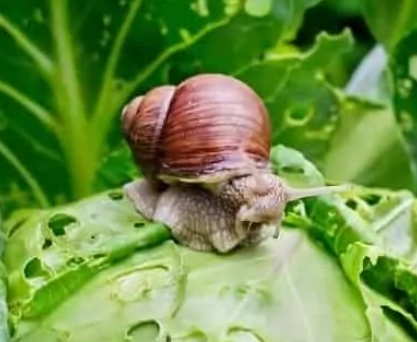The holiday season has begun and the town is enjoying itself with many appropriately focused activities. The willingness to volunteer is widespread. The churches, of course, are providing special dinners and services; the town has a day called “Merry on Main Street” where many commercial businesses are providing space and resources. There are locations where children can buy presents for their parents; a soup supper at the fire station; the library has Santa and Mrs. Claus; the local bank has a treat stop with cookies and other treats; there is a dance performance, and a truck and trailer that tours the streets, replete with Christmas lights and loud speakers, and a band playing Christmas carols. All volunteer.
Mariner visited a nearby town to hear a volunteer choir. The event is to support the continued survival of an old church whose architecture is historical. Those who participate provide many hours of practice and perform two shows and provide an open meal on the shore of the Mississippi River. All volunteer.
How wonderful is this reality compared to Black Friday, Cyber Monday, smart phones and Alexa, and 24 hours per day of horrific news broadcasts.
The magic comes from an honest desire from each individual to share themselves with the community. The motives are intensely apolitical and not commercial. Sharing is the spirit; a chance for individuals to share and identify with their community and its citizens.
These events are an excellent chance to get out of the house and the work rut to meet citizens in an informal and nonthreatening environment. Mariner’s use of the Cheers theme song rings true: “Every one is glad you came and everyone knows your name!
At a library sponsored Christmas dinner for its staff, Mariner met a probation officer! Mariner once was a probation officer, too (1970s). The two of us shared war stories. Now, how often does one meet a probation officer?
This communal world is really what a supposedly democratic philosophy is all about. It is locally managed, innocent, non-money-making, non-self aggrandizement that our government should be protecting. Dictatorships won’t do it; the current scary republican party won’t do it; a dysfunctional, weaponized Congress won’t do it.
Vote on behalf of your local community’s well being. The reader has an especially serious responsibility to get it right on voting day.
Ancient Mariner

 garden with his toy soldiers and trucks when he came upon his first garden snail. He was mesmerized by the odd shape, funny face and the just ‘trotting along’ nature it had. The snail is a wonderful item to doodle about.
garden with his toy soldiers and trucks when he came upon his first garden snail. He was mesmerized by the odd shape, funny face and the just ‘trotting along’ nature it had. The snail is a wonderful item to doodle about.